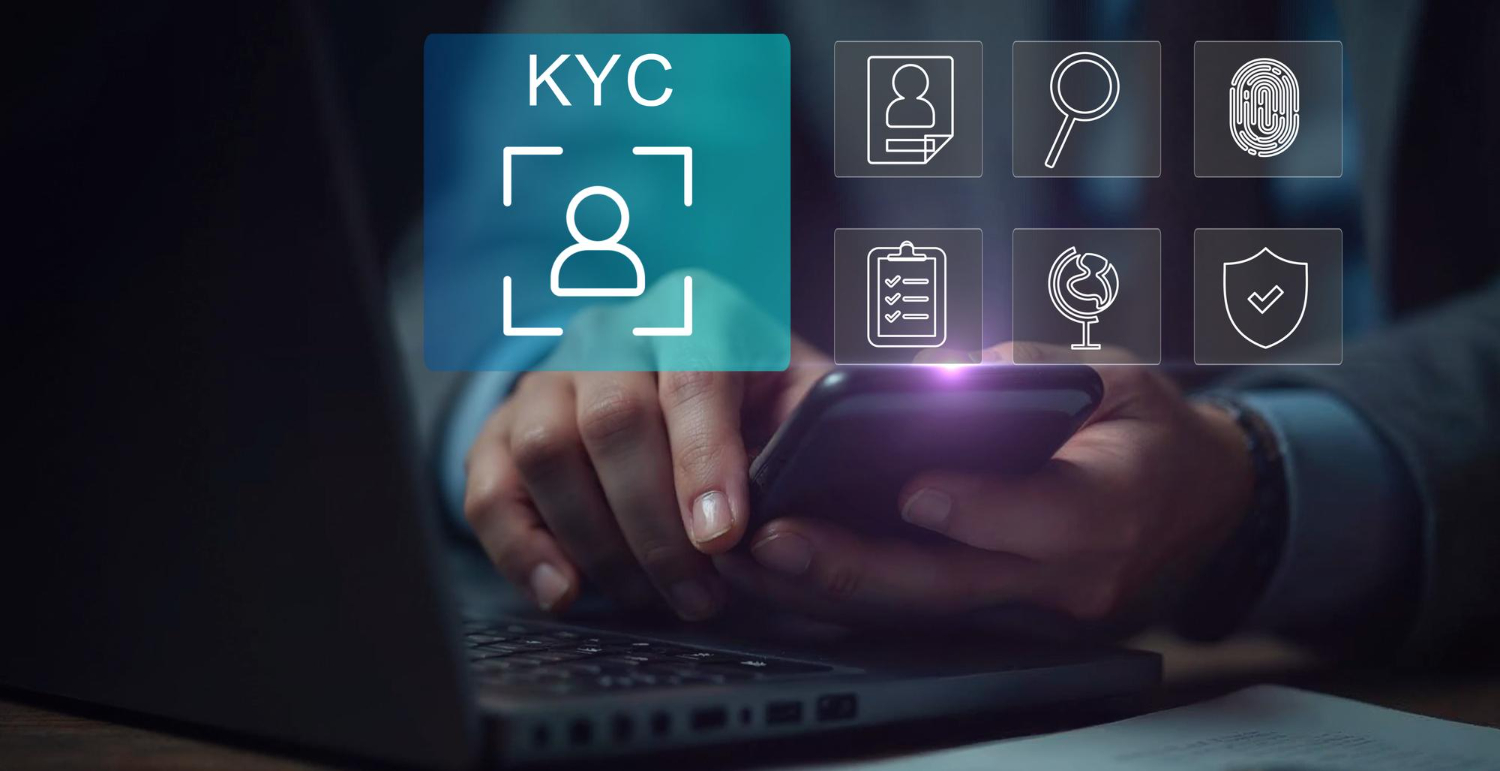
Why Do Some Crypto Exchanges Require KYC and Others Don’t
Crypto made its name on open networks and peer-to-peer transfers. Then came exchanges that looked and felt like banks, with signups, dashboards, and one-click trades. That mix explains the split you see today. Some platforms ask for passports and proof of address. Others let you trade with only a wallet and an email. Know Your Customer, or KYC, sits at the center of that divide. It is not just a compliance box. It shapes who can use an exchange, how money moves on and off the platform, and what happens when something goes wrong. If you understand why certain venues insist on identity checks while others avoid them, you can choose a platform that matches your risk tolerance, privacy needs, and practical goals.
Regulations That Keep Exchanges Connected to Banks
The first reason is simple. Many exchanges are treated like financial firms. If a platform touches local banking rails or handles fiat deposits and withdrawals, regulators often expect it to verify users, monitor transactions, and keep records. An exchange that wants stable bank partnerships cannot ignore those rules. Without a bank, cashing in and cashing out becomes a daily headache for customers. KYC is the ticket that keeps the door to traditional finance open. It signals that the platform intends to play by the same baseline rules as money service businesses and brokerages.
This stands in sharp contrast to the rise of online crypto casinos, many of which are leaning into a no KYC model. The difference between no KYC vs traditional casinos is striking. Traditional operators typically demand identity checks before play, linking deposits and withdrawals to verified accounts. No KYC casinos, on the other hand, highlight perks such as hassle-free, quick signups that value privacy, access to thousands of games where players can jump straight in, near-instant payouts through a range of crypto coins, and generous bonuses like welcome rewards, cashback offers, and free spins. While no KYC casinos emphasize privacy and speed, exchanges tied to banking rails show how identity checks remain the necessary bridge between crypto platforms and the broader financial system.
Why Exchanges Use KYC to Protect Themselves
Legal duties are only part of the story. Crypto exchanges also use KYC to manage risk. Verified identity helps a platform link activity to a real person, block repeat abusers, and clamp down on chargeback loops and stolen card schemes. It also supports account recovery when people lose access, which happens more than most admit. Institutions that trade size care about these basics. They want strong controls, reliable custody, and a path to fix problems. Exchanges that court those clients tend to build KYC and screening into their workflow. The payoff is a calmer book of business and fewer shocks when markets get rough.
Why Some Users Push Back Against KYC
Plenty of people come to crypto for enhanced privacy and self-custody. For them, KYC feels like the same old bank playbook. That is why non-KYC platforms remain popular, especially for users who already hold coins and do not need to touch a bank account. The appeal is clear. You connect a wallet, sign a message, and trade. No personal file to store. No extra risk of your documents leaking in a future breach. There is also a wider access angle. Many regions lack robust identity systems. If you cannot produce a passport or a recent utility bill, a KYC gate locks you out. Non-KYC venues lower that barrier, which is one reason they still have an audience even as rules tighten elsewhere.
How Decentralized Platforms Avoid Identity Checks
Centralized exchanges act as intermediaries. They take custody, match orders, and often hold client funds. That role invites regulation and makes KYC likely. Decentralized exchanges flip the model. Code matches trades while users keep assets in their own wallets. Because there is no single company holding your coins, there is no easy choke point for identity checks. That does not mean DeFi lives outside the law forever, but it does explain why DEXs typically avoid user files and onboarding forms. The trade-off is real. You gain privacy and instant access. You assume more personal responsibility, from wallet security to understanding smart contract risk.
The Cost of Compliance and Where Exchanges Operate
Compliance is not cheap. Building a secure identity pipeline, training staff, and staying current with local rules all carry ongoing costs. For a young exchange, those costs can be heavy. Location adds another layer. Some countries press hard on verification. Others are still drafting digital asset rules. The result is a patchwork. Many platforms take a tiered approach. You can trade small sizes with basic signup, but you must complete KYC to unlock higher withdrawal limits or use fiat rails. That model aims to balance customer growth with legal exposure. It also lets an exchange switch thresholds quickly when laws change, rather than overhauling the entire product.
What KYC Means for Everyday Traders
KYC or not is more than a principle; it shapes daily use. On a KYC exchange, you get smoother fiat transfers, broader payment options, and clearer support. If your account is hacked, recovery is easier. On a non-KYC venue, you gain privacy and speed but may face withdrawal caps, fewer banking links, and limited support. If the operator hits legal trouble, funds can be frozen with little notice. The choice comes down to which risks you carry and which you leave to the platform.
Where the Industry Is Heading
Global standards are still forming, but the trajectory is easy to read. Countries are aligning on higher expectations for identity and information sharing among service providers. As those norms settle, more centralized exchanges will lean further into KYC. Decentralized tools will continue to innovate around privacy, proofs, and selective disclosure. Expect more experiments that let users prove what is needed for a transaction without handing over an entire identity file. That middle ground would let compliance and privacy coexist more often than they do today.
Conclusion
Some exchanges use KYC for banking access, lower risk, and a secure place in finance. Others skip it to protect privacy, reduce barriers, and keep users in control. Each path has trade-offs around access, safety, and speed. Many often choose the platform that fits their goals and how they plan to move money.





